People over and around the age of 50 are more likely to develop joint pain, categorized as arthritis.
And for years, a lot of remedies have been tried and tested to lessen the pain, of which, one ‘over-the-counter’ and widely prescribed drug is Nonsteroidal anti-inflammatory drugs (NSAIDs)—a group of medicines to reduce inflammation and pain.
While NSAIDs have produced reckoning results for patients writhing in pain and discomfort, they come with severe side effects.
Knowing this, researchers took a leaf out of Ayurvedic methods to treat arthritis and found that curcumin, a bioactive substance found in turmeric, can be a viable treatment for arthritis because of its anti-inflammatory & pain-relieving properties.
Before we inspect turmeric benefits for arthritis, know that some studies indicate that curcumin, found in turmeric, is difficult to absorb.
Does that mean you shouldn’t take up turmeric for arthritis?
Not at all - it just means you should be careful how you consume your turmeric, which is why we developed our highly popular formula Turmeric Total Boost, formulated with BioPerine (R) - a key ingredient that improves the absorption of turmeric.
Before we dive deep into learning about turmeric benefits for arthritis, let’s look at how inflammation affects joints.
Inflammation in Joints
Inflammatory arthritis refers to conditions characterized by joint pain, swelling, tenderness, and warmth, as well as morning joint stiffness that lasts for a few minutes to an hour.
It has two common forms; rheumatoid arthritis (RA) and osteoarthritis (OA).
Rheumatoid arthritis (RA)
The immune system malfunctions in RA, causing inflammatory chemicals to release. As a result, joint swelling, increased joint fluid, cartilage, bone damage, and muscle loss can occur.
Osteoarthritis (OA)
With the wear down of the protective cartilage that cushions the end of the bones, synovium (a vital component of the tissues that make up an integrated joint) inflames and thickens, causing joint pain.
Causes of Inflammatory Joint Pain
Synovitis
When the synovium (the thin membrane that lines the joints) becomes inflamed, chemicals are released that irritate nerves and cause fluid to accumulate in the joint.
Ligament damage
Inflammation can cause damage to the bands of flexible tissue that support the joint.
Centralized pain
In some cases, chronic inflammatory arthritis pain can make you sensitive to pain.
Considering the study, it’s now a fact that the root cause of arthritis is inflammation. So, to lessen the symptoms, it’s definitely worth consuming some form of turmeric.
Turmeric for Arthritis
Alternative healers have traditionally used the spice to treat pain and swelling. This is because of the presence of a substance known as curcumin, which has anti-inflammatory & anti-oxidative properties.
And now, many scientific experiments have proved curcumin’s effectiveness in the alleviation of inflammation-induced joint pain.
Curcumin for osteoarthritis
The most common type of arthritis is osteoarthritis, which is a degenerative joint disease. It usually affects people in their sixties, seventies, and beyond. However, it can start in middle age or even earlier, especially if the joint has been injured.
Though there is no such permanent cure for it, turmeric may help alleviate pain and has no known side effects.
Researchers enrolled 139 people with knee osteoarthritis symptoms, according to a study published in BMC.
They had moderately severe symptoms that caused the use of a nonsteroidal anti-inflammatory drug (NSAID). They were given either the NSAID diclofenac (50 mg twice daily) or curcumin for a month (500 mg, three times daily).
Curcumin and diclofenac both relieved arthritis symptoms to a similar extent: 94% of those taking curcumin and 97% of those taking diclofenac reported at least a 50% improvement.
Now comes the interesting part: Subjects who were on the curcumin dose reported no to fewer side effects. However, about 28% of the subjects who took diclofenac needed treatment.
On top of that, curcumin users lost nearly 2% of their body weight in just four weeks.
Curcumin for Rheumatoid Arthritis
Since curcumin chokes the way for enzymes and cytokines that cause inflammation to take place, curcumin can be effective for rheumatoid arthritis.
As per the study, a group of 45 individuals with RA was observed. Of which, 1/3 were given curcumin supplements, while the remaining two groups were given a nonsteroidal anti-inflammatory drug (NSAID), or a combination of the two.
The group that took 500 milligrams of curcumin improved the most. While the results are promising, more and larger trials are required to gain a clear understanding of curcumin's benefits in RA.
From the study, it can be said that you could incorporate turmeric supplements to witness results for your condition.
Curcumin as a powerful antioxidant
Curcumin can fight free radicals in the body that are thought to cause some or all painful arthritis inflammation, according to researchers.
Free radicals—unstable molecules or atoms that have lost an electron - occur naturally in the body, but an excess of them causes oxidative stress, which could lead to inflammation.
Curcumin TNF-inhibitor Properties
Curcumin appears to restrain the body's response to tumor necrosis factor (TNF), (a protein that promotes inflammation by causing destruction of some tumor cells and activating white blood cells.
Curcumin as a COX inhibitor
NSAIDs like ibuprofen and naproxen work by restraining both COX-1 and COX-2 enzymes (catalysts that regulates the rate at which chemical reactions take place.) COX-1 enzymes affect blood clotting and stomach health, while COX-2 enzymes affect inflammation, which can lead to pain.
Curcumin has been discovered to have the chemical properties of a COX-2 inhibitor and could provide temporary pain relief without causing other health issues.
Conclusion
Since inflammation is the leading cause of arthritis, we decided to inspect turmeric’s reported benefits for treating it.
We first analyzed how inflammation causes arthritis pain, be it osteoarthritis or rheumatoid arthritis.
We found that since curcumin has powerful anti-inflammatory and antioxidant properties, it can help in managing arthritis symptoms.
So, we can conclude that turmeric's benefits for arthritis are science-backed. Besides that, it has been proven as a powerful alternative to pharmaceutical drugs and several over-the-counter medications that often come with side effects.
For turmeric’s optimal consumption, you can consider Turmeric Total Boost, that besides reducing inflammatory symptoms, supports joint health and pain relief and strengthen immune system.

 Cart
Cart
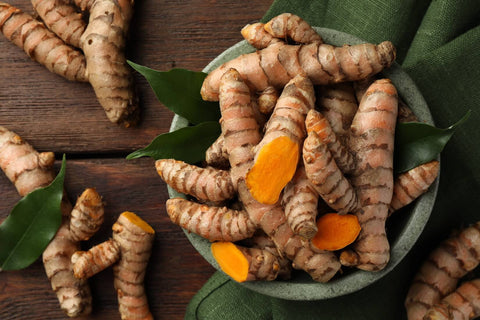

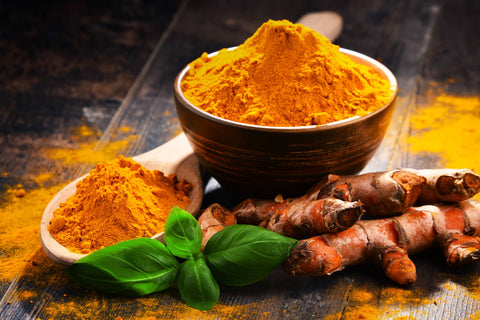






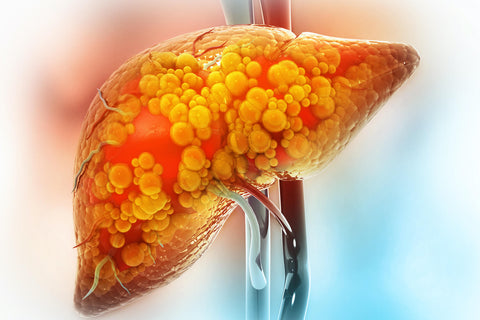







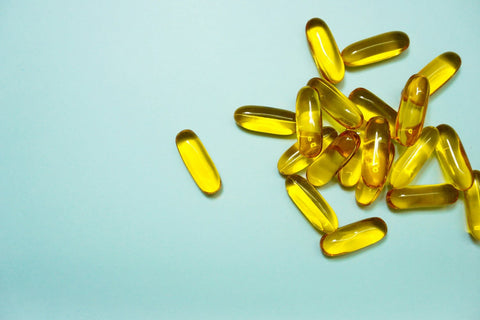
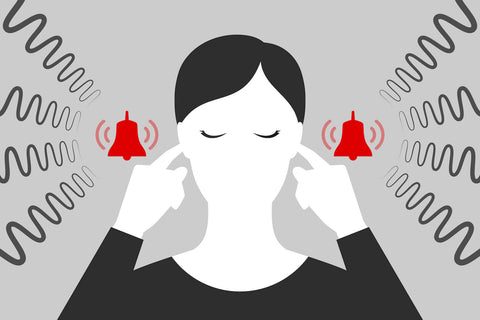



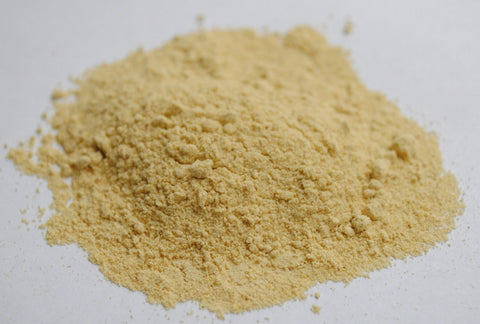

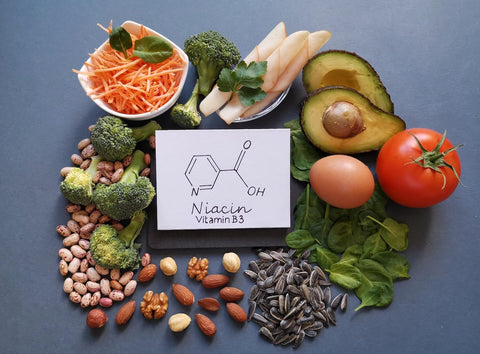
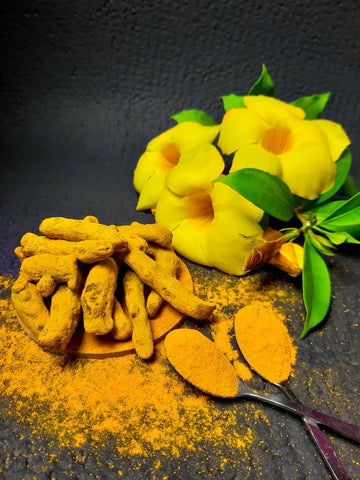
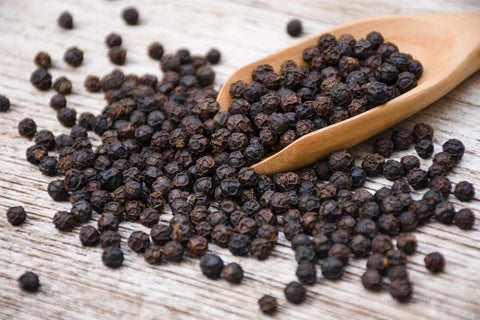
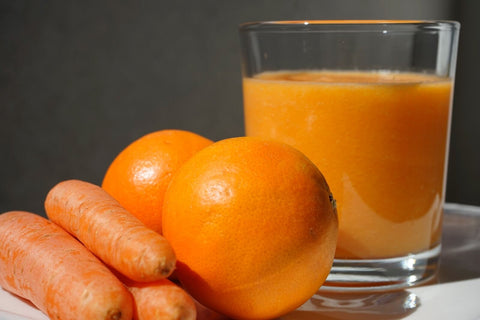
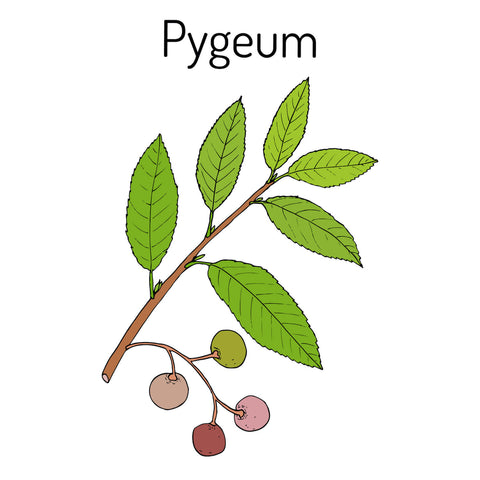
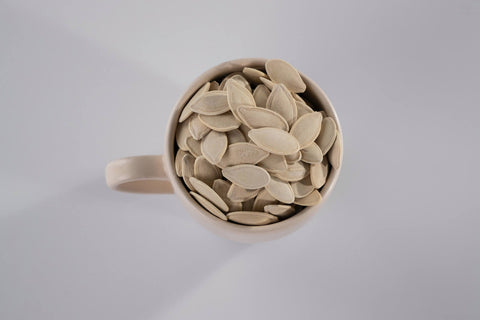







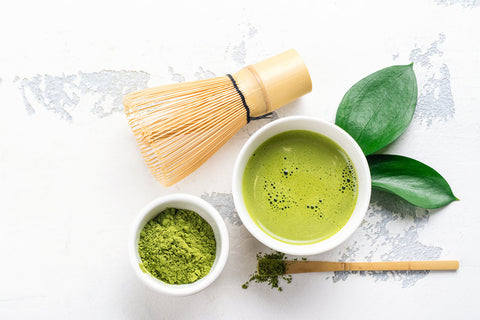







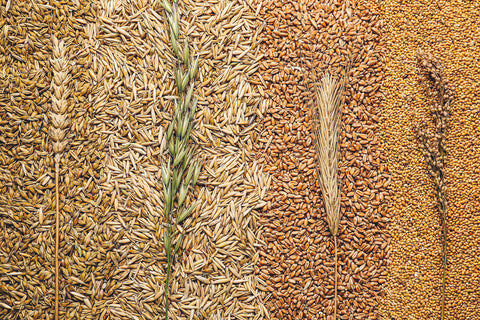
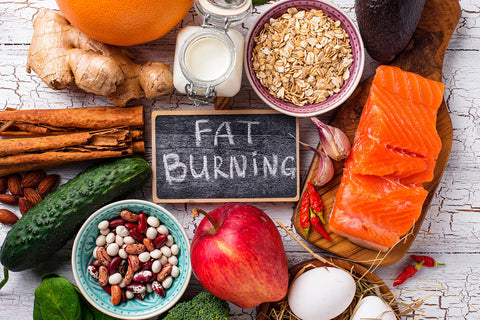





 1-800-822-5753
1-800-822-5753
